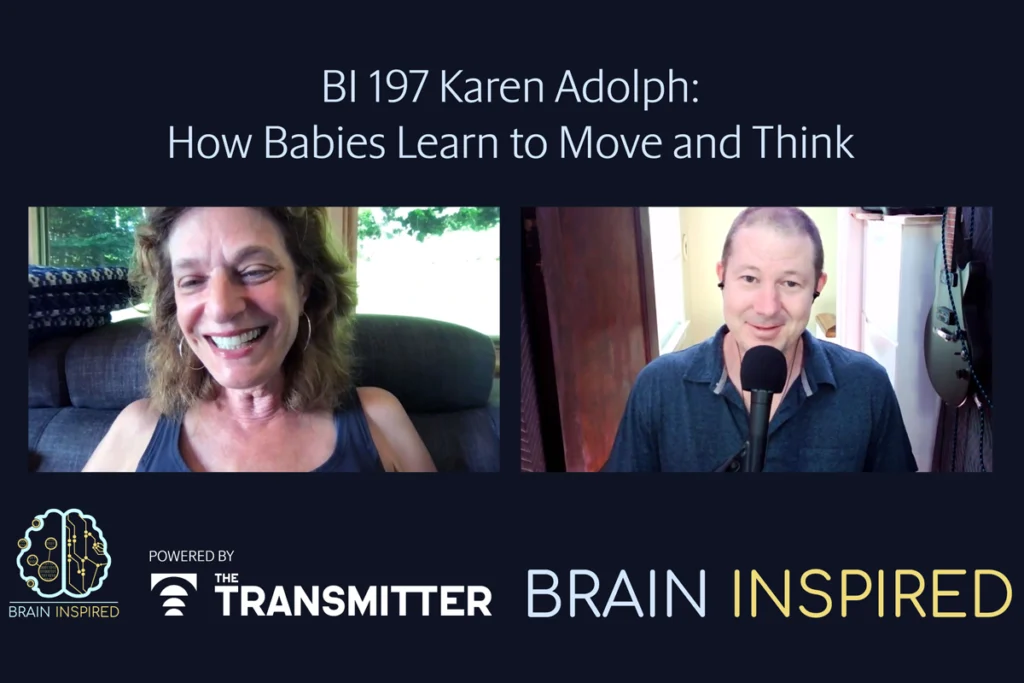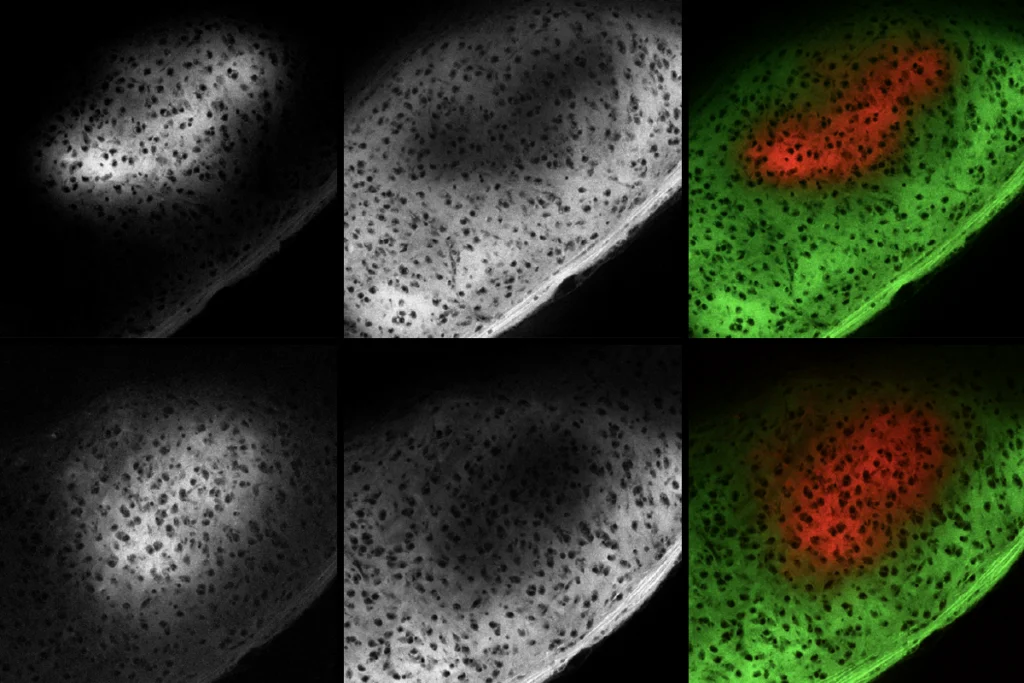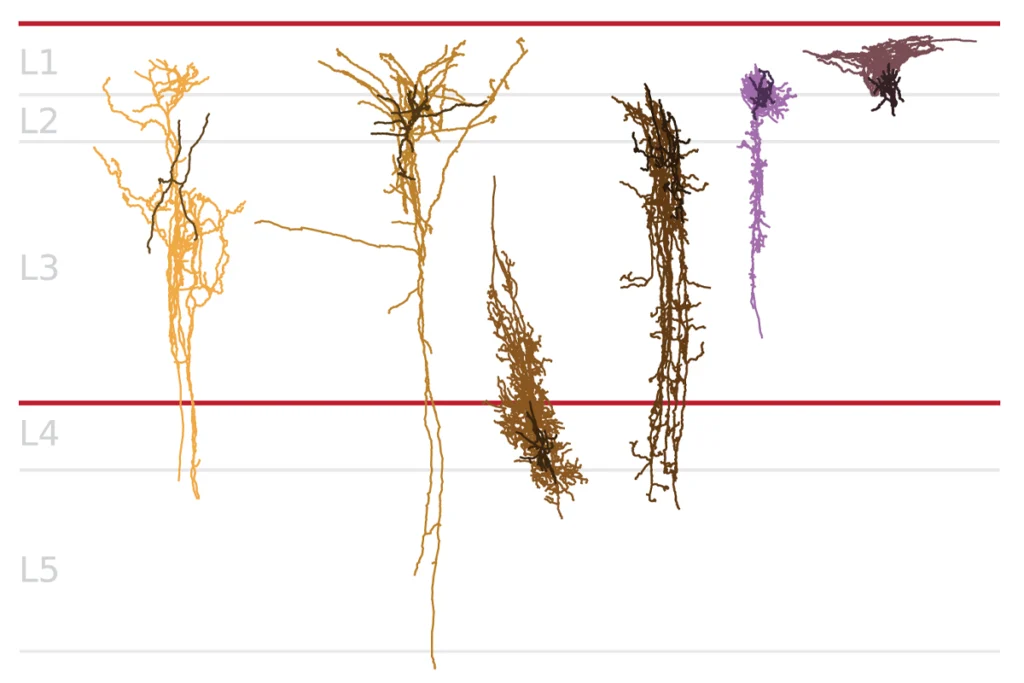Stephen Maren is director of the Beckman Institute for Advanced Science and Technology and professor of psychology at the University of Illinois Urbana-Champaign. His laboratory focuses on the neural circuits of emotional learning and memory and the relevance of these circuits to trauma- and stressor-related disorders.
Maren developed his interests in learning and memory as an undergraduate student at the University of Illinois. He completed his Ph.D. at the University of Southern California in 1993, where he established a role for glutamate receptors in long-term synaptic plasticity. As a postdoctoral fellow at the University of California, Los Angeles, Maren elucidated synaptic plasticity mechanisms underlying fear memories. In 1996, he opened his independent laboratory at the University of Michigan and began a research program focused on the neural circuits underlying extinction learning, which is central to cognitive behavioral therapies for fear and anxiety disorders. He moved to Texas A&M University in 2012.
Critically, his laboratory has identified behavioral and neural mechanisms of fear relapse, which is a major challenge for exposure-based therapies. Maren has been recognized with numerous professional awards, including the Distinguished Scientific Award for an Early Career Contribution to Psychology and the D.O. Hebb Distinguished Scientific Contributions Award from the American Psychological Association, and the Gantt Medal from the Pavlovian Society. He has been continuously funded by the National Institutes of Health since 1995.




